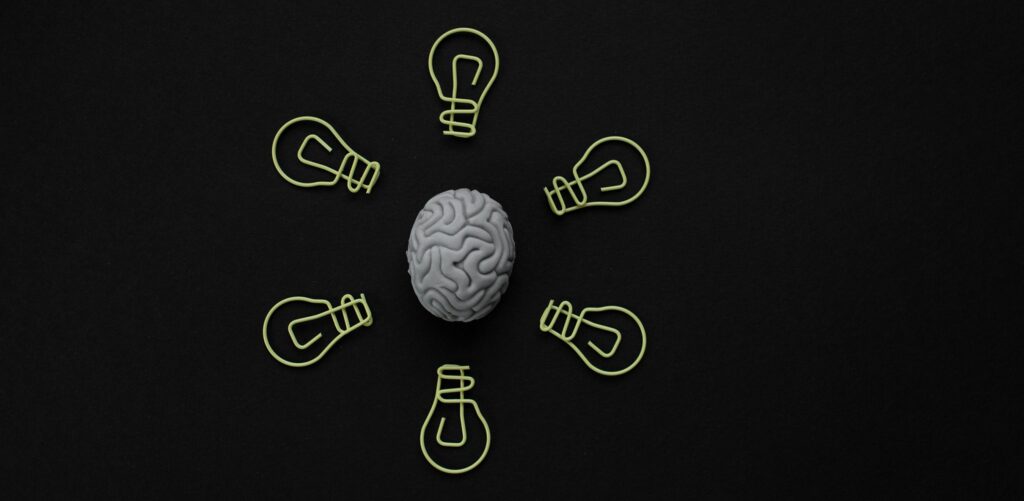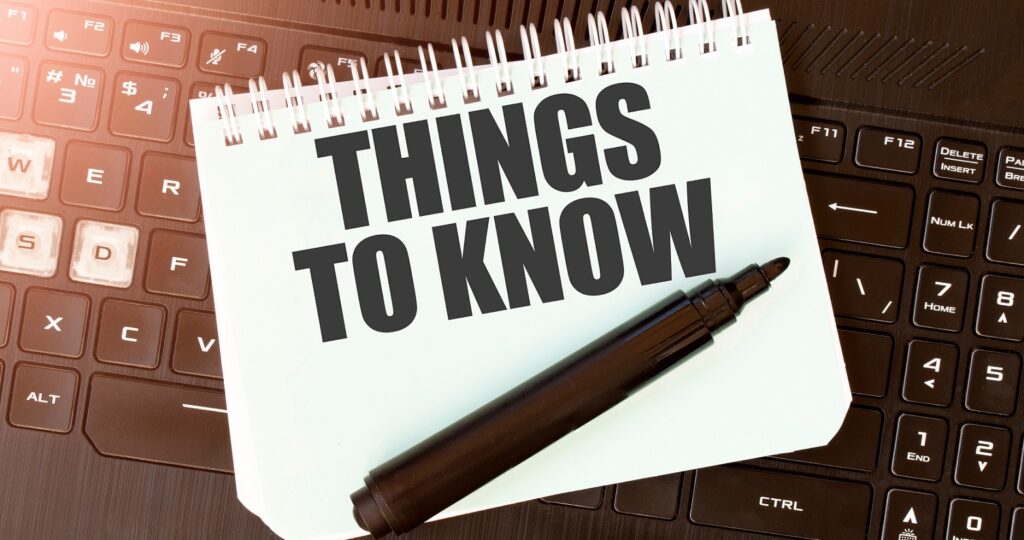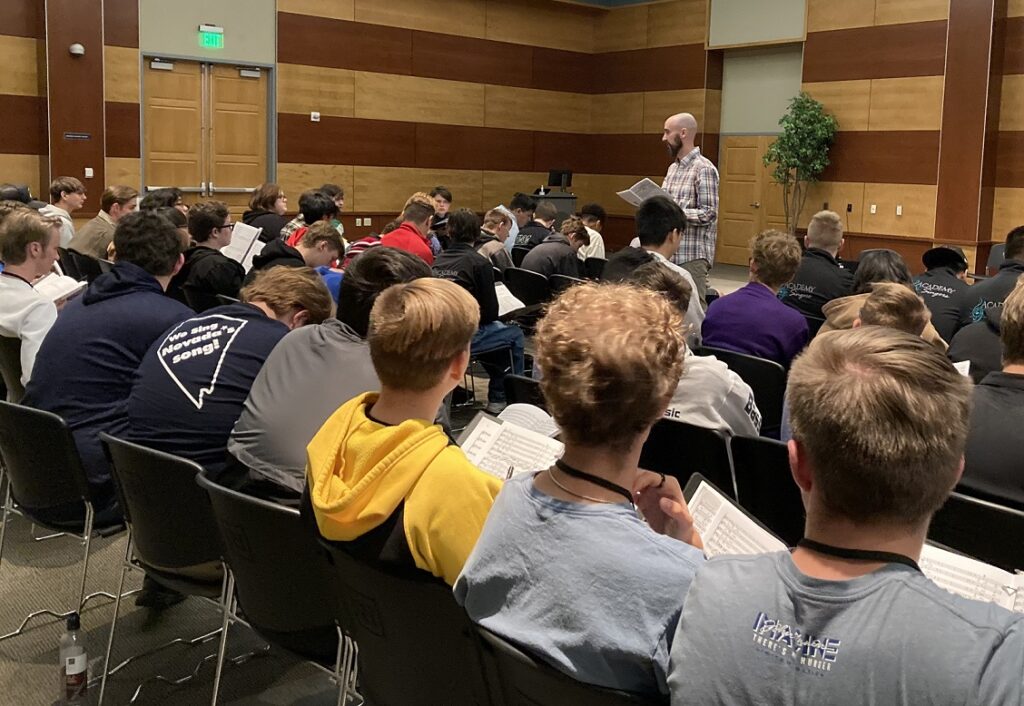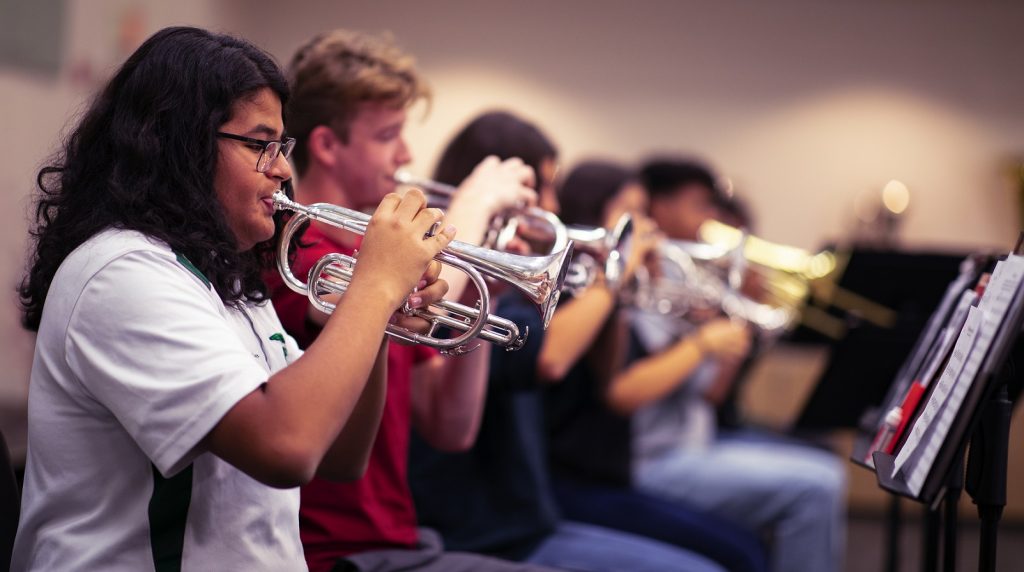Tagged Under:
You Will Never Feel “Ready,” But You Can Be Prepared
Nine recommendations for music education majors and novice in-service music educators to hone their skills.
Music education degree programs are unique in the breadth of content areas addressed and in the intensive study of music and music performance — all intended to prepare graduates to teach and meet state licensure requirements. In most states, music educators are certified as PreK-12 music content specialists. This includes, but is not limited to, instrumental band, orchestra, choir, general music, modern band, music technology, composing, conducting and more. Within a four-year undergraduate teacher-preparation program, there is no way for teacher educators to address all these content areas. It’s no wonder that many undergraduate music education majors learn best through hands-on learning experiences that connect theory to practice.
Through all the coursework, performances and eventual pursuit of a career in music teaching, it is essential for undergraduates and novice music teachers to reflect on challenges and personal motivation along their journey. Below are nine recommendations for pre-service music education majors as well as novice in-service music educators to consider as they navigate their degree programs and enter the teaching profession.
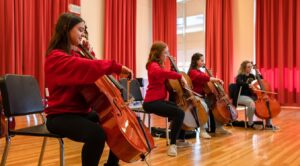
1. Collect Resources
According to research, it is essential for music education majors to actively engage in learning opportunities to explore hands-on music education. These opportunities will make learning memorable but may not be able to address all areas of need surrounding a particular topic or area of interest (Vaughan-Marra, 2017). Alongside these experiences, maintaining organized materials and resources from coursework, professional development sessions, conference attendance and workshops will be invaluable during in-service teaching.
2. Connect with Teacher Preparation Programs
Professional development does not stop with the completion of an undergraduate degree. Music educators continue to learn alongside their students in their classrooms. This learning can expand to supporting pre-service music education majors when in-service music teachers connect with teacher educators. This can be through hosting fieldwork or practicum courses or through coordinating to bring an ensemble or class to a local university. Music educators working in higher education settings often welcome the opportunity to visit school sites of alumni, work with PreK-12 music makers, and support professional development that directly impacts teachers with their students. Novice music educators should contact local universities to request clinics or professional development with the help of faculty.
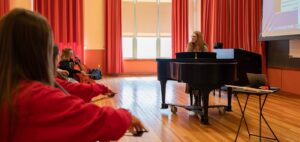
3. Connect with Professional Organizations
Music education degree programs often encourage students to participate in collegiate chapters of state, national and international professional organizations. Active members of collegiate chapters get opportunities to network with in-service educators as well as participate in additional professional development.
THE YAMAHA EDUCATOR NEWSLETTER: Join to receive a round-up of our latest articles and programs!
4. Observe and Work Alongside Master Teachers
While fieldwork and practicum courses require visiting a range of schools and communities as part of undergraduate teacher preparation, new in-service music teachers may find it challenging to schedule time to observe colleagues or master teachers during their first years in the profession. Though it can be challenging to plan for substitutes or request funding for professional development, many districts encourage teachers to seek professional development throughout the school year. When possible, taking time to visit another school site or observing colleagues teaching similar content areas will help music teachers develop ideas that they can bring back to their own classrooms.
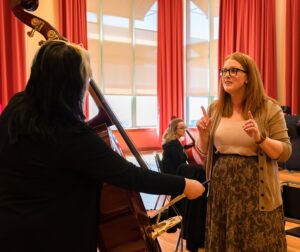
5. Connect with Music Teacher Mentors
Successful new music teachers demonstrate a willingness to connect with mentor teachers. In music education, finding content-specific mentors can be challenging due to a lack of consistent contact opportunities with music colleagues. A music teacher mentor can help a new music teacher navigate their first five years in the profession. This may include the social-emotional support needed to communicate with administrators, colleagues and parents. It may also include invaluable support in the classroom that helps refine teaching. When combined with rehearsal and lesson review, mentoring can evolve into rich opportunities to refine teaching.
6. Set Professional Goals
Most students set goals toward completing their undergraduate degree programs, but it’s also helpful for them to have a sense of what type of teaching position or career path they want post degree completion. Some new music teachers begin with goals related to their first teaching position. Though it can be helpful to narrow interests to help support learning during the degree program, it is vital for music education majors to remain flexible to different ways a future teaching assignment may be constructed. In addition to teaching assignments, I recommend including goals for pursuing an advanced degree. Expanding learning to areas such as philosophy, research and curriculum design change as music educators teach within their own classroom (Conway et al., 2021). There is no better way to reflect upon or grapple with these ideas than within a robust master’s program.
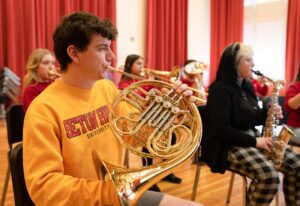
7. Consider Your Motivation to Learn
“Motivating Students to Learn” is a framework by educational researcher Jere Brophy (2004) . Within this framework, how students approach learning experiences and identify meaning and intended benefits are most important. He contends that this is a way of bridging casual exploration with focused learning. During an undergraduate music education degree program, majors may face challenges related to projects and curriculum requirements that are less interesting or personally enjoyable. Students who reflect upon practice sessions, coursework and required assessments through the degree program as learning opportunities are more able to develop professional goals and utilize strategies for learning in ways that extend beyond other forms of motivation such as rewards, grades or praise alone.
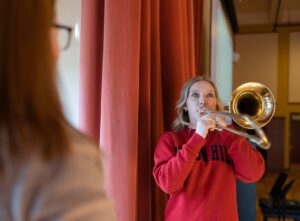
8. Understanding Feedback
Part of professional growth includes learning to understand the ways feedback can be approached. Musicians, like athletes, develop habits around how they prepare for and accept feedback. Due to the personal nature of musical performance and self-expression, it can take years for young musicians to develop self-reflection skills that support a growth mindset around their musical development.
Similarly, music education majors and novice music educators will face challenges related to their own learning, lesson planning and teaching, as well as the challenges and successes of their own students. Throughout their undergraduate degree program, music education majors may consider the ways that they are most receptive to feedback. This will enhance communication skills with faculty and peers, and it will constructively impact their performance. Though feedback can produce an emotional reaction, it is powerful to remember that feedback is information, and music education majors should look at systematic practice to demonstrate what is currently absent to the assessor. If a novice music educator can develop a growth mindset regarding their own learning, they will model this with their future students as they participate in music performance-based assessments.
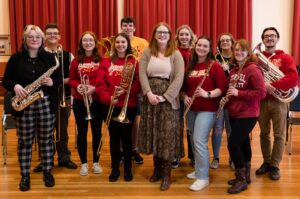
9. Refine Your Adaptive Expertise
Hatano and Inagaki (1986) define adaptive expertise as the flexibility an individual has in relation to work and content areas of specialization. Routine expertise functions as the predictable patterns of behavior or habits. In music education, these forms of expertise are developed through coursework but also by working with students. Routines are vital for educators because they help teachers refine their self-confidence in their curricular choices. Having said this, adaptability is potentially more critical for music educators to develop due to the breadth of content and areas of specialization within the profession.
__________________________________
How music educators approach their own learning may impact the experiences of their students and how they develop curriculum. Starting within the undergraduate teacher preparation experiences, music education majors must consider how they navigate the development of their expertise both routine and adaptative. This lays the groundwork for future opportunities to learn in their classroom and includes how music educators pursue professional development throughout their career. Undergraduate teacher preparation is the first step into the profession. From there, connecting with professional organizations, music teacher mentors, colleagues for collaboration and advanced degrees like a master’s in music education or paralleled programs, help music educators refine and evolve with the needs of their students, school district and community. Music educators who are willing to adjust, listen, try new ideas, while also balancing these skills with prior knowledge, will flourish in the profession.
References
- Brophy, J. (2004). Motivating students to learn. Routledge.
- Conway, C., Vaughan-Marra, J., & Marra, C. (2021). Balancing the varied needs of Master of Music Education students: Perceptions from program directors and alumni. Journal of Research in Music Education, 69(1), 105-120.
- Hatano, G., & Inagaki, K. (1986). Two courses of expertise. In H. Stevenson, H. Azuma, & K. Hakuta (Eds.), Child development and education in Japan (pp. 262–272). New York: W.H. Freeman.
- Vaughan-Marra, J. C. (2017). Meeting New Teachers Where They Are: Digital Mentoring Program Focused on Orchestra Content-Specific Support. AERA Online Paper Repository.












